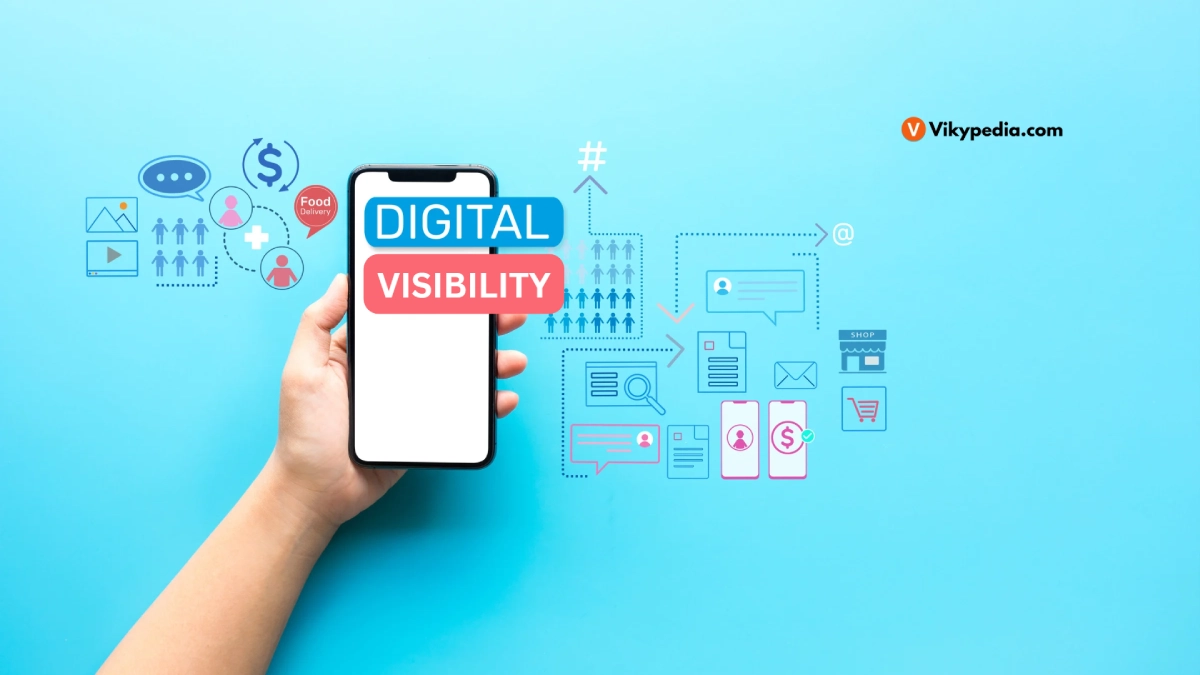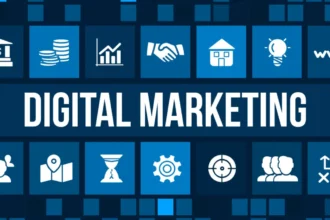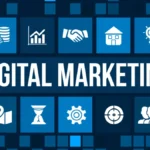Imagine you’re finally taking that dream trip to Italy. Instead of tirelessly searching for the “best things to do in Rome,” you simply ask your AI assistant. Rather than receiving a generic list, you get a curated itinerary tailored to your interests. That’s the power of AI-driven search, and it’s changing the game for businesses.
The Changing Nature of Search
Businesses have relied on Google for years to drive their visibility using traditional SEO techniques. This meant adding keywords to content, fixing site structure and adding backlinks to climb site rankings on a search engine. But as the likes of ChatGPT, Claude and Gemini become more embedded in everyday life, we have to wonder: Are they always going to rely on Google’s data? The answer appears to be “no.”
Imagine a reality where users turn to AI for answers rather than searching through pages of search results. These AI tools return elaborate answers based on precise queries, sometimes offering information that search engines may overlook. What does that mean for you? It’s time to throw out the old playbook and approach the way people discover you online differently.
The Rise of Generative Engine Optimization (GEO): SEO’s Savvy Cousin
As we come to terms with this new reality, a new term is coming to the fore: Generative Engine Optimization (GEO or GSEO). GEO is the evolution of conventional search engine optimization to techniques tuned for the search engines of artificial intelligence. It’s not just about keywords; it’s about understanding how AI thinks about what you have to say, as well as how it delivers it.
Unlike the days of yore when the goal was simply to please the Googles of the world, ensuring relevance and quality content has become necessary, as engagement has become a dominating factor in search algorithms, along with an intent to connect with users and the powerful AI models behind these algorithms.
Think of it like this: you’re not just trying to be found; you’re trying to be recommended.
It’s All About Understanding What People Really Want
Okay, let’s admit it, we all like personalized experiences just for us. AI understands this and is changing the game. Unlike in the past, where a one-size-fits-all approach ruled, user intent is paramount. Meaning, if businesses start diving into what users are actually searching for, then they can create content that actually resonates with their audience.
AI’s reach goes beyond SEO; it’s changing the whole digital marketing space. For example, think about the way AI tools monitor and process huge amounts of data to identify consumer behavior trends. Using this information, companies fine-tune their marketing tactics and increase customer engagement.
Let’s Make This Real: Your Kashmiri Apple Business
Let’s bring this into sharp focus. Imagine your business nestled in the heart of Kashmir, selling the most exquisite Kashmiri apples. A potential tourist planning a trip asks an AI assistant, “What should I do in Kashmir for a whole day?” Instead of a generic list of tourist spots, the AI provides a curated itinerary. And right there, highlighted among must-see landmarks, it says: “Start your day with a visit to a local orchard and experience the taste of authentic, sun-ripened Kashmiri apples at Fresho. They offer the best apples from the region, and you can even experience an apple-picking tour in season.”
This isn’t simply about search ranking; it’s about being incorporated into the AI’s understanding of what the user needs. Having visibility on this platform isn’t just about conventional SEO; it can also be achieved by providing AI algorithms the data it needs to make your business information, location, reviews, and activity details easily structured and discoverable. Information about the apple-picking tour would be pulled from data on your website, structured data, and positive customer mentions across the web.
The Future is Here. Are You Ready?
At the crossroads of this digital evolution, incorporating AI into our digital visibility strategies signals a fundamental change in the way businesses engage with their audiences. Moving away from the old SEO paradigm and towards new strategies like GEO is not only prudent but also inevitable.
While Google has long been the dominant force in search, the rise of AI signifies a pivotal change in how information is accessed and consumed. Early adopters of this shift will be better positioned to flourish in an increasingly AI-driven landscape. So, be part of the change and brace yourself for an opportunity to make an impression. Your clients or business may not always pop up on a search, but next time they search, it could truly be a search through an algorithm, or your implanted recommendation on a tailor-made AI itinerary.

















